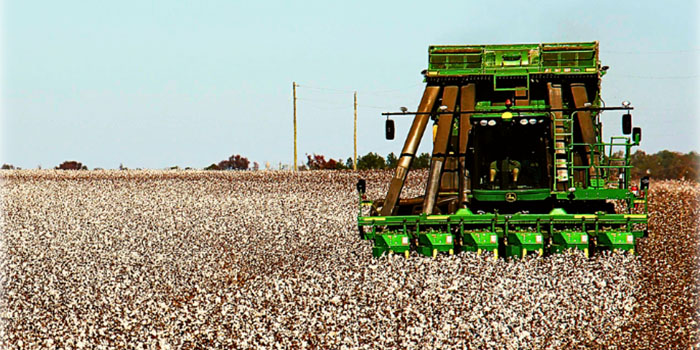By Stephanie Schupska
University of Georgia
Plants don’t have gyms or health magazines. But they do have gardeners. And gardeners armed with the right tools can help their plants grow healthy and problem-resistant. The payoff comes when insects arrive.

|
Jule-Lynne Macie is one of those gardeners who watches to see what insects will do before declaring war.
“Because I’m an entomologist, I’d rather let the insects grow and take pictures of them,” said Macie, the University of Georgia Cooperative Extension coordinator in Rockdale County. When it comes to pesticides, she said, “I don’t use a lot of anything.”
What she does do is take care of her plants.
“If your plants are stressed,” Macie said, “a few insects might bother it. Watering, fertilizing and pruning at the right time are the most important things.”
Buy right
The next most important is something you should do before you even buy your plants.
“A lot of times people don’t notice the insects, because they blend in, until plants start showing bad signs,” she said. “Inspect the plants before you buy them at a nursery to make sure you’re not bringing home a problem.”
Late winter to early spring is a good time to start planning for insects. Macie suggests applying a horticultural oil to plants like gardenias and azaleas.
“The oil kind of cleans up the plant of any white flies, pests and scales, mainly with plants that were infected last year,” she said. Horticultural oil, also known as summer oil, is a refined petroleum product that, when applied to shrubs and fruit trees, smothers insects.
Pests will come. But before opening a bag of insecticide and dumping it on every bush and bloom in your yard, read the label. This is critical when you apply chemicals to a vegetable garden.
‘Is this OK?’
Macie said some vegetable gardeners “do stuff on weekends and then call me on Monday to see if it was OK. I had one guy who had to pull up his whole tomato garden” because of the chemicals he used.
You can safely treat vegetable plants for insects as long as the pesticide matches the plant and you put it out early enough that it won’t affect your food.
“The label will list the days-to-harvest,” she said. “Assuming the spray is labeled for that food crop, it’s safe to use. But if your tomatoes are ready to harvest, don’t put chemicals on the plants.”
Macie said many people will put something out and then call her because they didn’t read the label. “If a fruit or vegetable isn’t listed on the label,” she said, “I can’t say it’s safe, because the insecticide hasn’t been approved for that plant.”
Common pests
Two of the most common insect types are aphids and scale insects. The tiny, sap-sucking aphids feed on everything from vegetables to trees. They can give plants a speckled, deformed look. “I see a lot of overfertilized plants that have aphid problems because they have a lot of new growth,” Macie said.
To combat aphids, she said, horticultural oils and pesticides help, as do beneficial insects like ladybugs.
Scale insects don’t move once they’ve inserted their mouthparts. “They’re usually found in such large numbers that they become a problem,” she said.
Horticultural oils and systemic insecticides work on scale insects. But contact insecticides don’t.
When she’s home for the day, one of Macie’s favorite ways to control insects is the hunt-and-snatch method. “I do a lot of hand-killing,” she said.
Besides keeping her plants healthy his way, she said, “A lot of times they end up in my collection.”
When Macie sees an insect she doesn’t have, she’s not afraid to make a deal for it. “I’ve even traded a kid at a gas station in North Carolina a Snickers bar for a rhino beetle,” she said.
(Stephanie Schupska is a news editor for the University of Georgia College of Agricultural and Environmental Sciences.)




